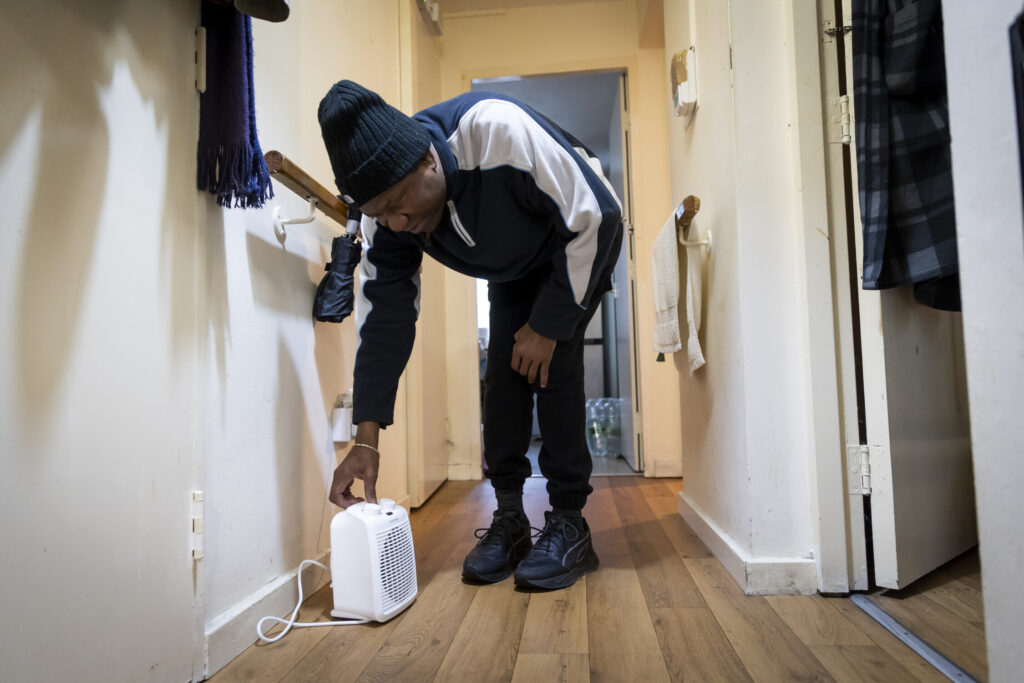Think back to the stories that strike you most from your time as a social worker.
For me, there is Elena and her determination to get out of her hospital bed and back to her flat, and the way I described this burning wish in my assessment paperwork so we could get her funding for home care. There’s the family that I came to visit just as they learned that their mother had died, who offered me a cup of tea and a chance to sit with them in their grief before we had to talk gently about how the father could be supported without his carer. There’s Rob and his dignity in the house that his father built, which was falling apart and that he had been unable to clean, and the way we negotiated a plan to prevent him having to move out.
The researchers in our Social Work with Older People research project witnessed and told a host of stories. And some of the phrases the older people and social workers used as they talked about their experiences brought me right back to my own.
“Actually really liking people, really respecting people, really wanting to understand what makes them tick, what they want to do with their life” was how one social worker explained how she built relationships with people, reassured them, and provided advice and guidance.
“She had a hand in everything one way or another” was how one older person described their social worker, who supported the couple with everything from legal matters to installing a fire alarm as they contended with dementia.
The research showed that social work is a beautiful combination of aspiration for people to live as well as possible, relational attentiveness, know-how and hands-on support. This combination is what I love about social work. No one thing is sufficient. It is how ethics and expertise come together that makes the impact.

Image from Centre for Ageing Better’s Age-positive image library
For me, the research encapsulated this in one example. A social worker said:
“I’ll tell you, two weeks ago I had somebody to go home (from hospital). Everybody wrote him off said he couldn’t go home. I went to the property. The property was extremely cluttered, we had to move things around. He had a freezer which was broken where half of it was full of meat, broken. You have to empty that, so I had to find somebody who could do it. I had to basically get my own cash, pay them and then give him a receipt to recover it because he didn’t have the time for him to go to the bank to get his money. You go with the flow because things change, so you have to make those decisions. I (took) a newly qualified colleague with me. They’d never done it before and I said ‘alright you can shadow me, this is what real social work is. Look at it, grab the hoover.’”
Here you can see legal knowledge, advocacy, planning, decision making, coordination, practical knowledge, mentoring and action.
Look at it; this is real social work.
